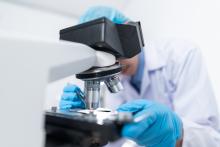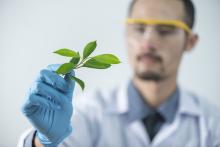
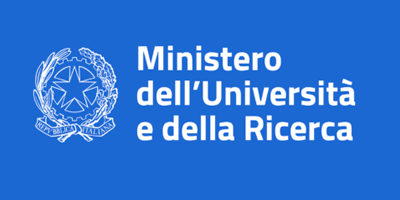
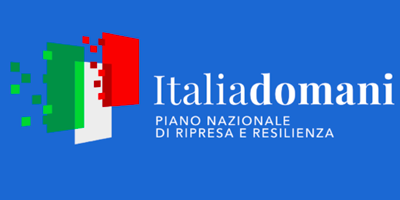
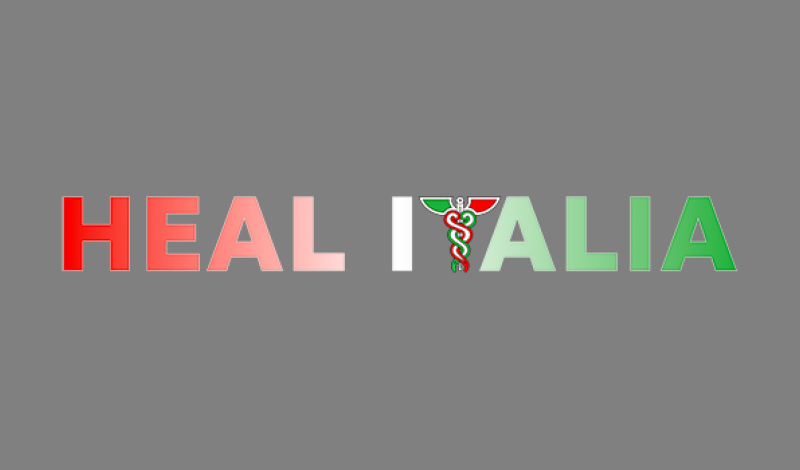
Scientific Coordinator: Prof. Maria Rosaria Corbo
Funder: Project funded under the National Recovery and Resilience Plan (NRRP), Mission 4 Component 2 Investment 1.4 - Call for tender No. 3138 of 16/12/2021 of Italian Ministry of University and Research funded by the European Union – NextGenerationEU
Award Number: Project code CN00000022, Concession Decree No. 1032 of 17/06/2022 adopted by the Italian Ministry of University and Research, CUP D73C22000820007, “National Research Centre for Agricultural Technologies” (Agritech)
Start date: 01/09/2022
End date: 31/08/2025
Total NRRP funding for the whole project: € 320.070.095
Total NRRP funding for Unifg: € 3.900.395
Producing sufficient and safe food for a growing population without over-exploiting natural resources is one of the major problems that our society must face, finding solutions which are sustainable in the long term. This is a global challenge, placed in a difficult context of unstable climate, increasing competition for land, water and energy, in an increasingly urbanized and globalized world. The importance and the breadth of this challenge requires a significant research effort that is far beyond the capacity of any single institution. To adequately address this issue, it is mandatory to develop an integrated, large-scale, multi-disciplinary research programme.
This is the ambition of Agritech partners, which, by building upon pre-existing collaborative research, higher education initiatives, networking of infrastructures and large equipment sharing, have defined a programme motivated by the need to:
- Combine the top research expertise required to adequately address in a truly multidisciplinary context the multifaceted problems associated with sustainable agriculture.
- Integrate the research infrastructures and equipment available at each site.
- Exploit and apply the most suitable Key Enabling Technologies (KET) that can allow a profitable advance in productivity, sustainability, ecological and digital transition in the agricultural sector.
- Work with companies and farmers to co-design research efforts and exploit at the best the results to increase the resilience and economic competitiveness of agri-food supply chains.
- Develop and disseminate new models and organizational capabilities to create and implement large- scale, strategic research programmes that cross discipline boundaries and industrial sectors.
- Train the next generation of Agritech scientists and managers to generate the necessary human capital and skills required.
- Support policy makers and influence public opinion to promote a social context favoring the development of stable and equitable agri-food supply chains.
The main characteristic of Agritech research programme is its structural organization, which reflects the high level of integration among a broad diversity of participating research institutions and companies.
Objectives
- Combine the top research expertise required to adequately address in a truly multidisciplinary context the multifaceted problems associated with sustainable agriculture.
- Integrate the research infrastructures and equipment available at each site.
- Exploit and apply the most suitable Key Enabling Technologies (KET) that can allow a profitable advance in productivity, sustainability, ecological and digital transition in the agricultural sector.
- Work with companies and farmers to co-design research efforts and exploit at the best results to increase the resilience and economic competitiveness of agri-food supply chains.
- Train the next generation of Agritech scientists and managers to generate the necessary human capital and skills required.
Unifg is involved in the following Spokes as affiliated entity:
- Spoke 6 – Management models to promote sustainability and resilience of agricultural systems
- Spoke 7 – Integrated models for the development of marginal areas to promote multifunctional production systems enhancing agroecological and socio-economic sustainability
- Department of Agricultural Sciences, Food, Natural Resources and Engineering
Prof. Maria Rosaria Corbo
Tel. +39 0881 338132
Email: [email protected]
Dipartimento di Scienze Agrarie, Alimenti, Risorse Naturali e Ingegneria (DAFNE)



